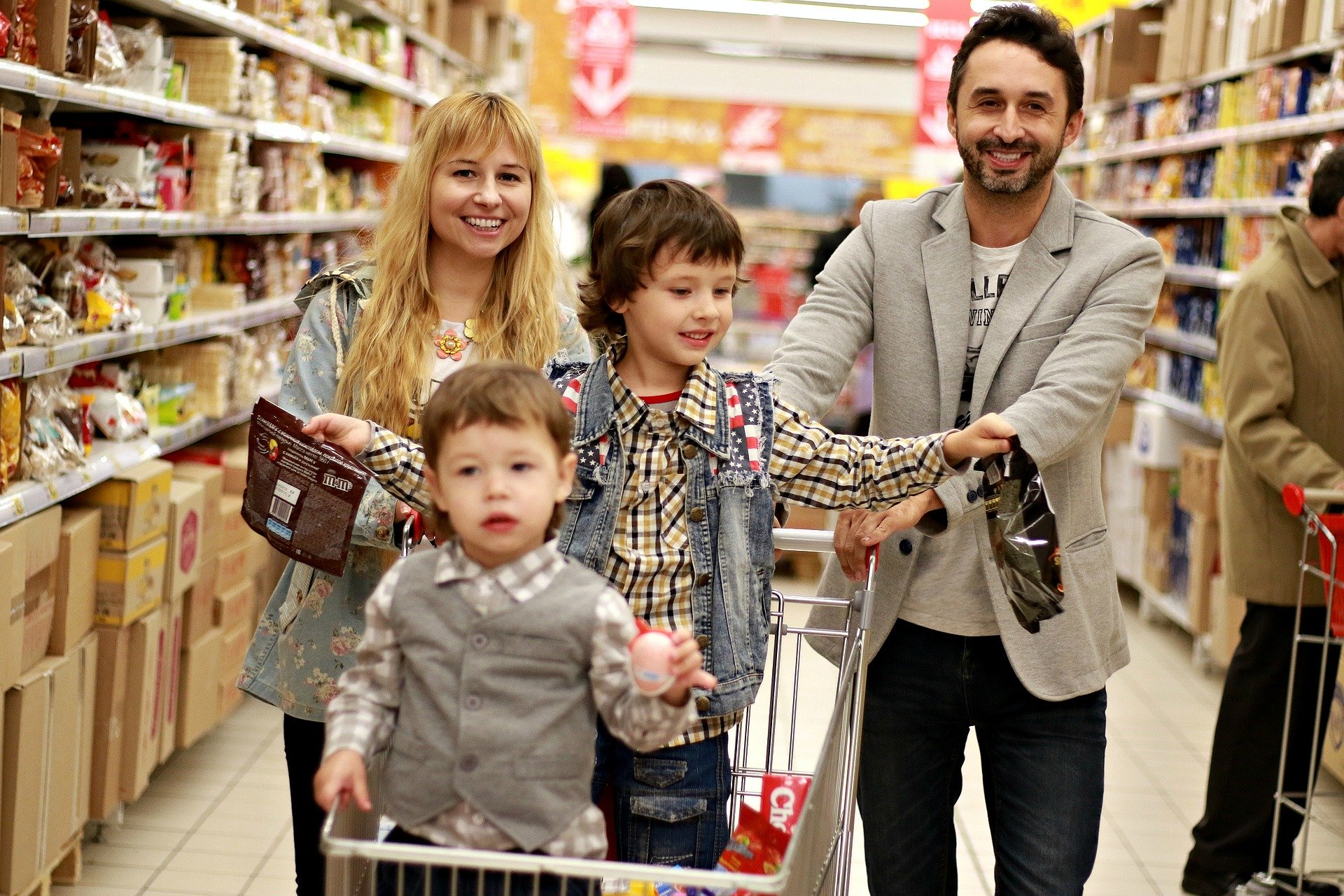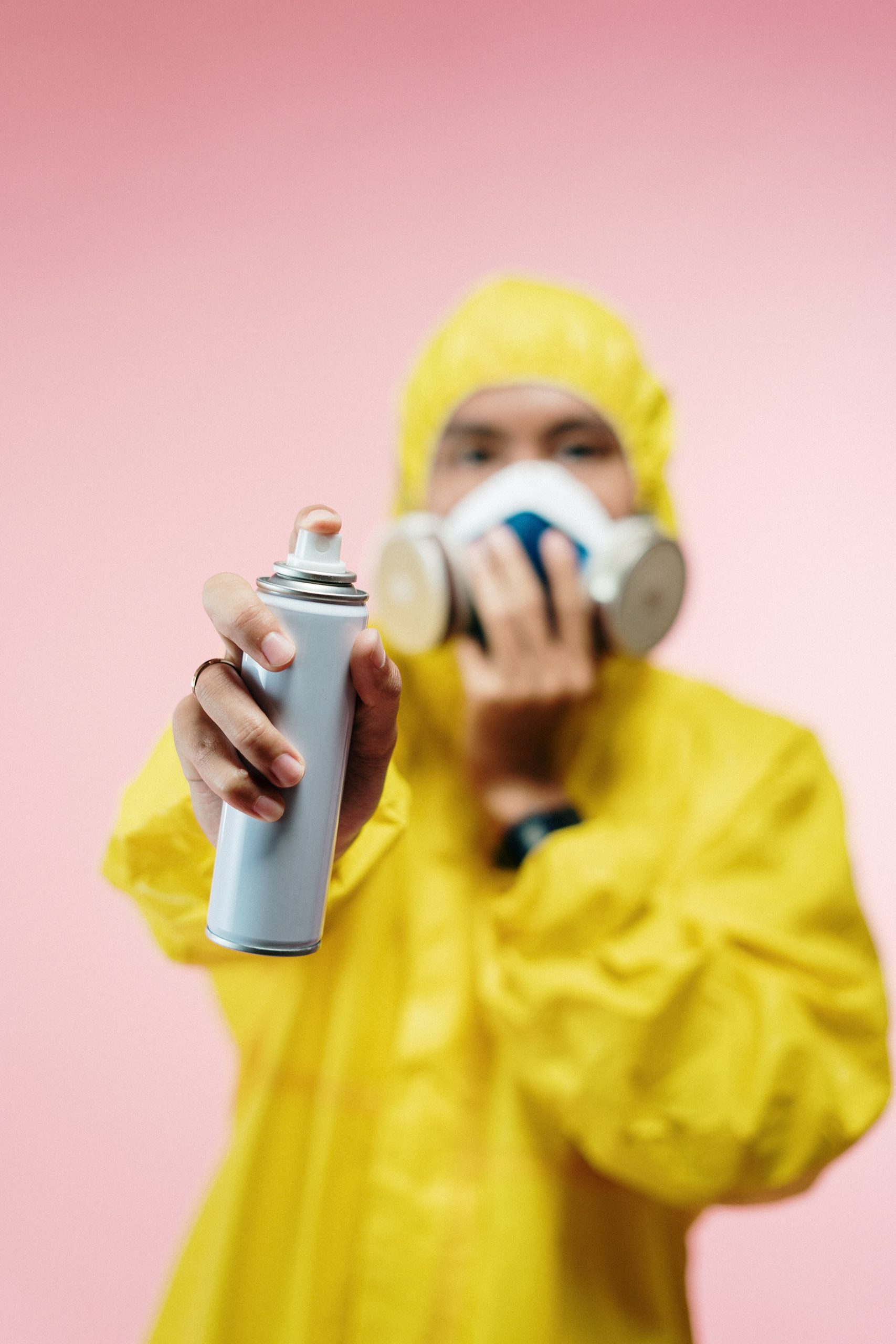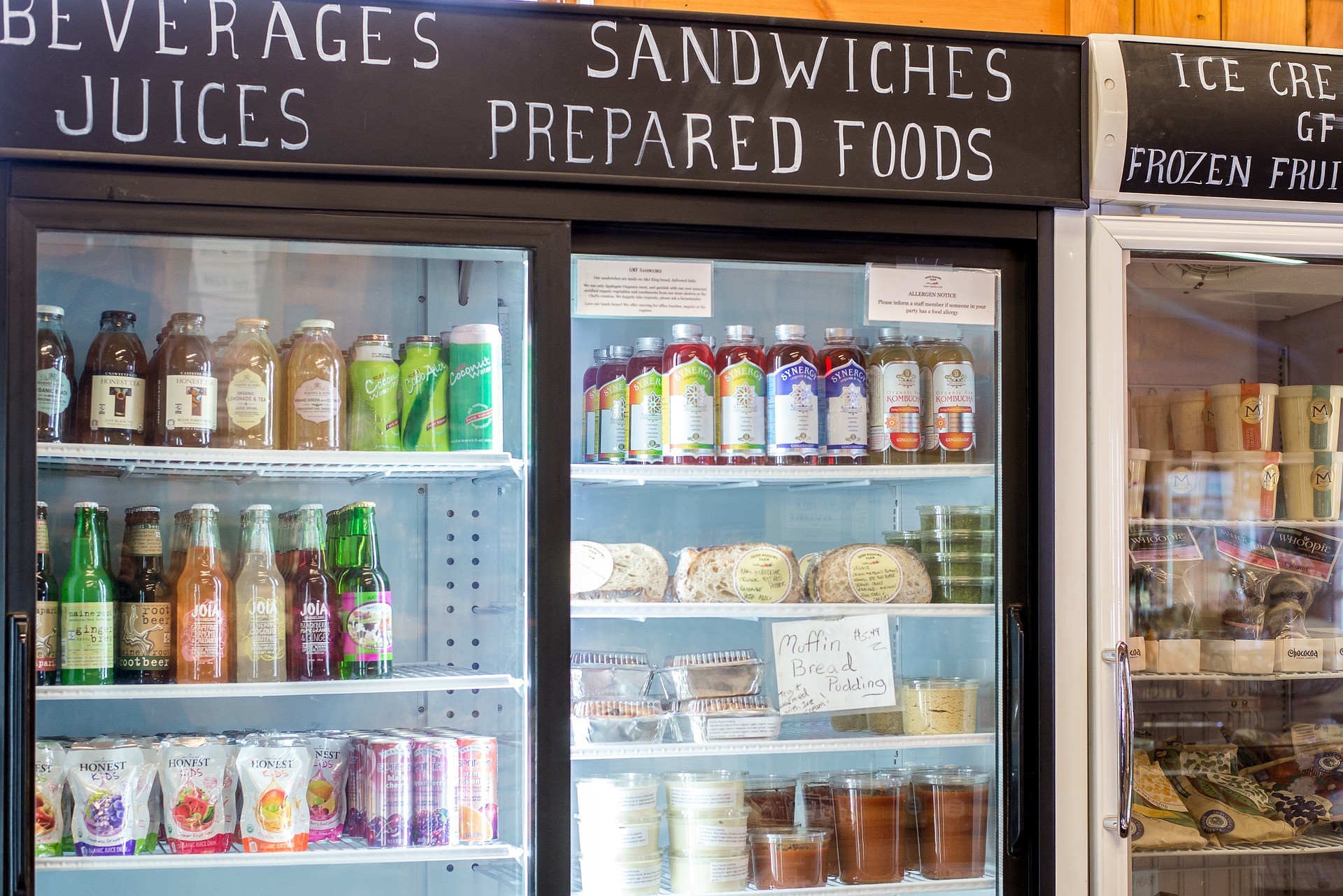How To Help And Support Those With Good Information
Coronavirus has continued to test positive every day in the US for weeks, with cases announced in more states. There has been a limit on testing, so many US cases may be unknown. The World Health Organization has declared COVID-19 a global pandemic. What To Do Now for example with a country hit hard like Italy.
I have to say that Italy warned the world that they were soon to be out of hospital beds. The Samaritan Purse is now providing an international response for the disaster by airlifting equipment and medical specialists to care for people near Milan, Italy, the current epicenter of the Coronavirus Pandemic. There’s a 68-bed emergency Field Hospital on board a DC-8 aircraft with 20 tons of medical equipment, a respiratory care unit designed specifically in response. There are 32 disaster relief personnel, doctors and nurses who will stay in the country for a month. That’s amazing and all for the Name of Jesus Christ. There’s a place to GIVE, and I hope everybody does that.
In the US, events canceled, schools closed and for example, my state, the President, Governor and the Mayor have daily radio communication with new facts and closing rules of almost all businesses such as bars, restaurants, movie theaters, beauty shops, and nail salons. Plus the closing of all sports, and now the Kentucky Derby Festival, already rescheduled for Labor Day Weekend has That’s why there’s more time to prepare if there are people walking around who are sick. Preparing for global COVID-19 is the most pro-social and altruistic response about concerns like will I get the disease or will it kill me if I do.
How not to feel helpless and wait for the worse with Coronavirus, because there are plenty of actions that you can take to help those around you and yourself to make a difference. Give blood, if you can or spread the word about the need for donations. Give money or food to food banks. There’s a national 211 hotline page operated by the United Way that you can give or volunteer to aid organizations. Help people who should not leave home. Older adults, serious illness or disability should avoid public setting, since they are vulnerable to being seriously ill from coronavirus. They still need food and interaction.
Help young children in need. More than a third of children in America are part of low-income families. Coronavirus related closings may be hard for these families. Children with serious medical conditions may be extra stress because of worry. Donate diapers, wipes to families with infants, toddlers to a children’s charity like the Ronald Mcdonald House.
Strengthen the “health safety net” for low income and uninsured people. It’s important that they get to care for coronavirus symptoms and health needs without the worry about the cost. If they wait, they will put others at risk, or need more costly care than if they had gone earlier. There will be federal health centers, so you should donate supplies or volunteer in needs
Help trustworthy stories and explanations about coronavirus reach more people. Find stories in media outlets, government agencies, hospitals, and nonprofit health organizations. Connect with nature. You are safe in the great outdoors if you follow hygiene precautions like washing your hands, after touching things others touch, and staying home if you feel sick.
Use art, music, and exercise to distract yourself and relieve stress. Help yourself and others practice patience, kindness, and understanding. Learn more about COVID-19 in How To Avoid Coronavirus. Outbreak.













Leave a Comment